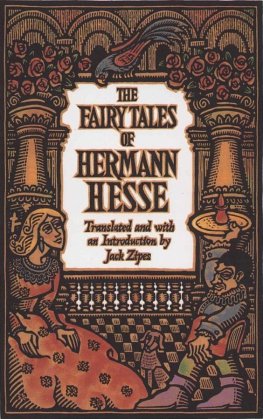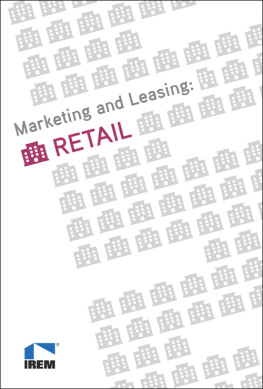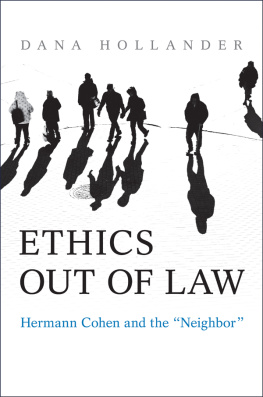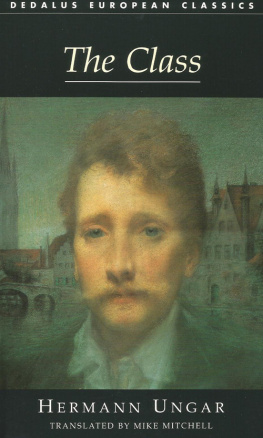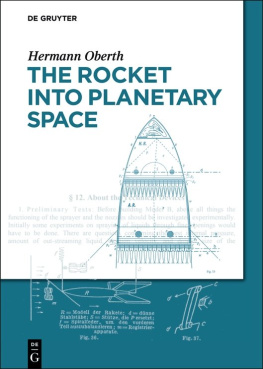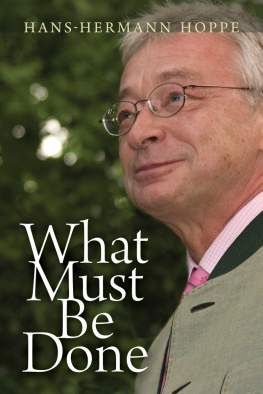The International Library of Sociology
RETAIL TRADE ASSOCIATIONS
Founded by KARL MANNHEIM
The International Library of Sociology
THE SOCIOLOGY OF WORK AND ORGANIZATION
In 18 Volumes
| I | Apprenticeship | Liepmann |
| II | Industrial Disputes | Eldridge |
| III | Industrial Injuries Insurance | Young |
| IV | The Journey to Work | Liepmann |
| V | The Lorry Driver | Hollowell |
| VI | Military Organization and Society | Andrzejewski |
| VII | Mobility in the Labour Market | Jeffreys |
| VIII | Organization and Bureaucracy | Mouzelis |
| IX | Planned Organizational Change | Jones |
| X | Private Corporations and
their Control Part One | Levy |
| XI | Private Corporations and
their Control Part Two | Levy |
| XII | The Qualifying Associations | Millerson |
| XIII | Recruitment to Skilled Trades | Williams |
| XIV | Retail Trade Associations | Levy |
| XV | The shops of Britain | Levy |
| XVI | Technological Growth and
Social Change | Hetzler |
| XVII | Work and Leisure | Hetzler |
| XVIII | Workers, unions and the State | Wootton |
RETAIL TRADE ASSOCIATIONS
A New Form of Monopolist Organization in Britain
A Report to the Fabian Society
by
HERMANN LEVY
First published 1942 by
Routledge, Trench, Trubner and Co., Ltd
Reprinted in 1998 (twice), 1999, 2002
by Routledge
2 Park Square, Milton Park, Abingdon, Oxon, OX14 4RN
Transferred to digital Printing 2007
Routledge is an imprint of the Taylor & Francis Group
1942 Hermann Levy
All rights reserved. No part of this book may be reprinted or reproduced or utilized in any form or by any electronic, mechanical, or other means, now known or hereafter invented, including photocopying and recording, or in any information storage or retrieval system, without permission in writing from the publishers.
The publishers have made every effort to contact authors/copyright holders of the works reprinted in The International Library of Sociology. This has not been possible in every case, however, and we would welcome correspondence from those individuals/companies we have been unable to trace.
British Library Cataloguing in Publication Data
A CIP catalogue record for this book
is available from the British Library
Retail Trade Associations
ISBN 0-415-17690-5
The Sociology of Work and Organization: 18 Volumes
ISBN 0-415-17829-0
The International Library of Sociology: 274 Volumes
ISBN 0-415-17838-X
Publisher's Note
The publisher has gone to great lengths to ensure the quality
of this reprint but points out that some imperfections
in the original may be apparent
FOREWORD
EARLY in the war it became apparent that the trend towards monopoly in industry and trade, which had been the predominant economic development in the period between wars, was being strongly intensified. The conditions of war themselves immensely foster this tendency, and these external conditions have been actively reinforced by Government action. To anyone looking ahead at the beginning of the war, indeed, it was clear that here was probably the fundamental economic problem of the 1940's. If this trend continued, how could the public interest be protected against the growing power of the monopolies?
When Professor Hermann Levy, whose work on industrial combination both in this country and in Europe needs no introduction, approached the Fabian Society and suggested an investigation of the developments of combination in the distributive trades, with special emphasis upon wartime development, we therefore eagerly welcomed the proposal. The facts which Professor Levy has discovered show with extreme clarity the way in which retail distributionhitherto believed to be the last stronghold of free competitionis moving. They show with even greater clarity the urgent need for a public policy to cope with this trend, and to guide it into channels in which the maximum efficiency will be maintained without danger of exploitation of the consumer. The Fabian Society sponsors this book in the hope that it will provide the factual basis indispensable for the formulation of a sound and progressive policy, though neither the Society nor its members are responsible for the opinions expressed.
The Society is indebted to Mr. R. W. B. Clarke for help and advice in the preparation of the manuscript for publication.
JOHN PARKER ,
General Secretary ,
Fabian Society.
11 DARTMOUTH STREET,
LONDON, S.W.1
AUTHOR'S PREFACE
WHEN in 1909 the first edition of my investigation into British cartels and trusts was published, the mere existence of so many quasi-monopolist organisations in the industries of this country came as a surprise to many of its readers. In the meantime one has become accustomed to regard industrial combination as the regular organisational feature of British industry. In those days it was never assumed that anything like industrial combination could become the characteristic structure of retail trade as well. Just as it was supposed formerly that free trade would make industrial combination impossible in this country, so nowadays the argument is frequently heard that the great multiplicity of trading outlets will never allow quasi-monopolist retail trade organisations to flourish for any length of time. Yet cartels in this country developed in spite of free trade, and retail trade associations with the unconcealed aim of restricting competition are to be found in every corner of trade activity in spite of the large numbers of single traders. But, again, similarly to industrial combinations in former days, retail trade associations have been fortunate to remain in the background of publicity. No such word as combination has yet been introduced to characterise their objects. The term associationunlike the terms cartel, syndicate or trustis applied to sporting, charitable and political organisations, and does not itself indicate that a new form of restricted competition is rapidly developing, and that this new development is changing the entire structure of British retail trade. To the description and analysis of these changes the present book has been devoted. It may claim to be the first in the field.
There have been many valuable contributions to partial aspects of the matter, in the form of books and treatises, and in particular a series of most instructive and illuminating articles in the Manchester Guardian, of some years ago, may be mentioned as having been of greatest service. My main sources of material, however, have been, as in my former studies on cartels and trusts, the various trade journals which week by week, or month by month, throw the most instructive light on all matters concerning retail trade problems. From the elaborate list of trade journals used, which is appended to this book, the reader may gather the wide scope of inquiry which confronted the author in his task of drawing generalisations from a study of almost all important and also from many less important or less conspicuousbranches of retail trade. It is regrettable that this valuable source of information is so little recognised by British economists. Yet it is clear that argumentation on theoretical lines is worthless unless it is fully backed by unassailable facts. These facts are drawn from the actual life and policy of retail trade associations. Without these facts, discussion might even be misleading and dangerous to the community. At the same time, the author has striven to avoid accepting what are merely the views and opinions of the so-called practical men in the trades. The problem transcends the sometimes very narrow, and necessarily opportunist, outlook of the so-called authorities of single trades. It touches, on the contrary, many aspects on which the State must in the last resort decide. The private outlook of trade representativesexperts as they may bemust be separated from the broader horizon of public interest and utility.




